One might ask, are California’s troubles ever going to end? One more pressing issue in the Golden State is its staggering debt of nearly $21 billion.
It paints a bleak picture of its fiscal health. And it’s only made worse by a surge in unemployment during the pandemic that emptied out its employment trust fund.
The Burden of Debt

The debt’s burden, along with an interest rate of around 2.6%, sits heavily on the state’s budgets, which is already strained due to many other factors.
$650 million in interest has already been paid, but there’s an additional $50 million due in September. All this puts more pressure on California to answer its financial obligations.
The Fifth Largest Economy Is Struggling

The nation’s most populous state, which also has the fifth-largest economy in the world, has been struggling in recent years due to the rising prices of goods and services.
It is now more expensive than ever for Californians to borrow money. This means that fewer people are buying homes and fewer businesses are hiring workers, leading to fewer tax collections.
California’s Debt Is Among the Highest in the US
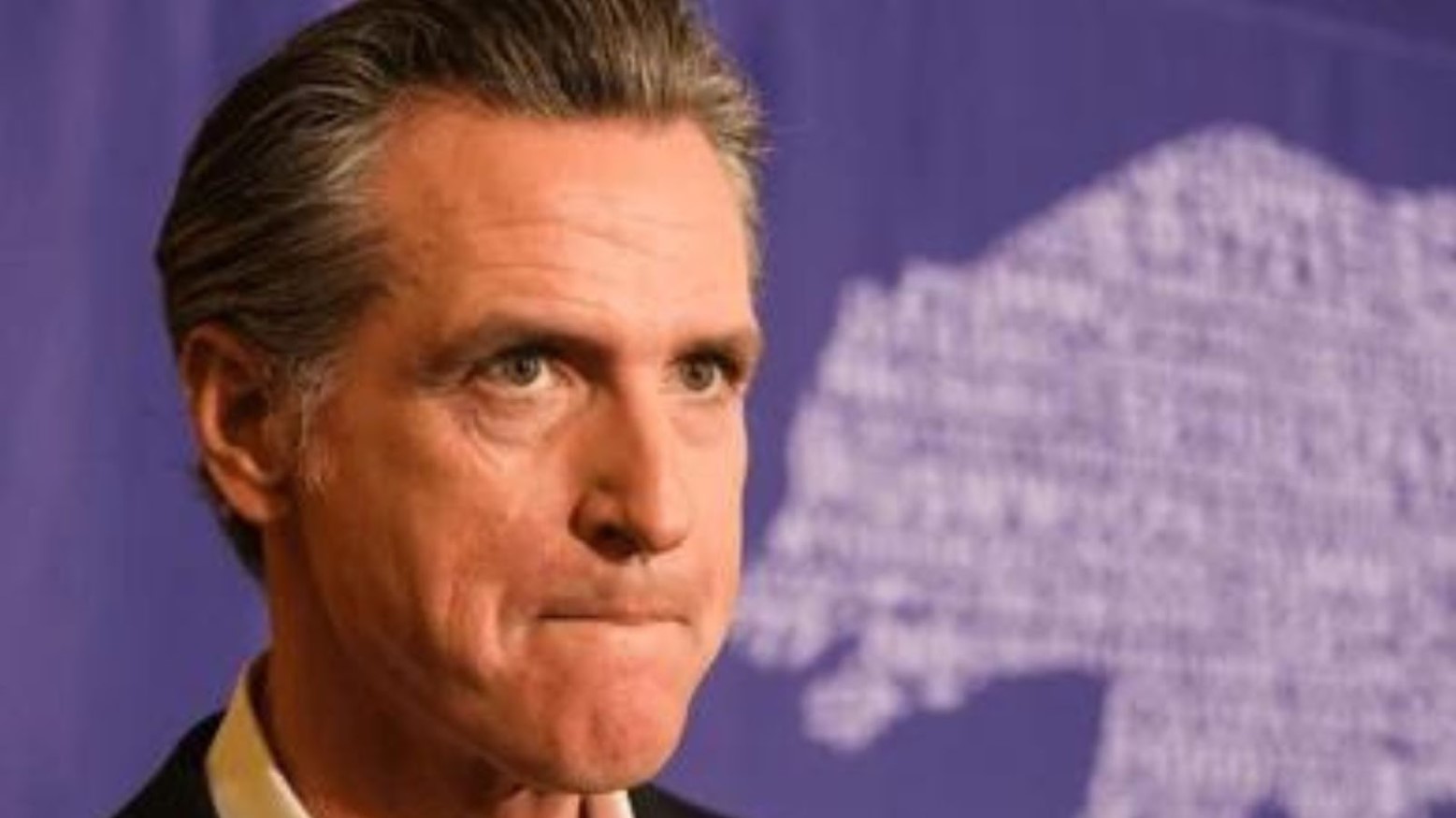
According to the US Treasury Department’s Fiscal Data, California’s current debt is the highest among the states. New York, Connecticut, and the Virgin Islands follow, albeit with far less debt, with $7.5 billion, $227 million, and $81 million respectively.
While other states have paid down their debts, including those with high general-fund debt like Illinois and New Jersey, California continues to struggle with repayments.
The State Relies on Taxes

California has relied heavily on its enormous population to help fund programs and pay off debts compared to most states.
With the rise of unemployed workers rising to nearly 200,000, fewer people borrowing money, and more and more wealthy residents leaving the state, there are fewer tax collections than the state is used to receiving.
Incomplete Government Response
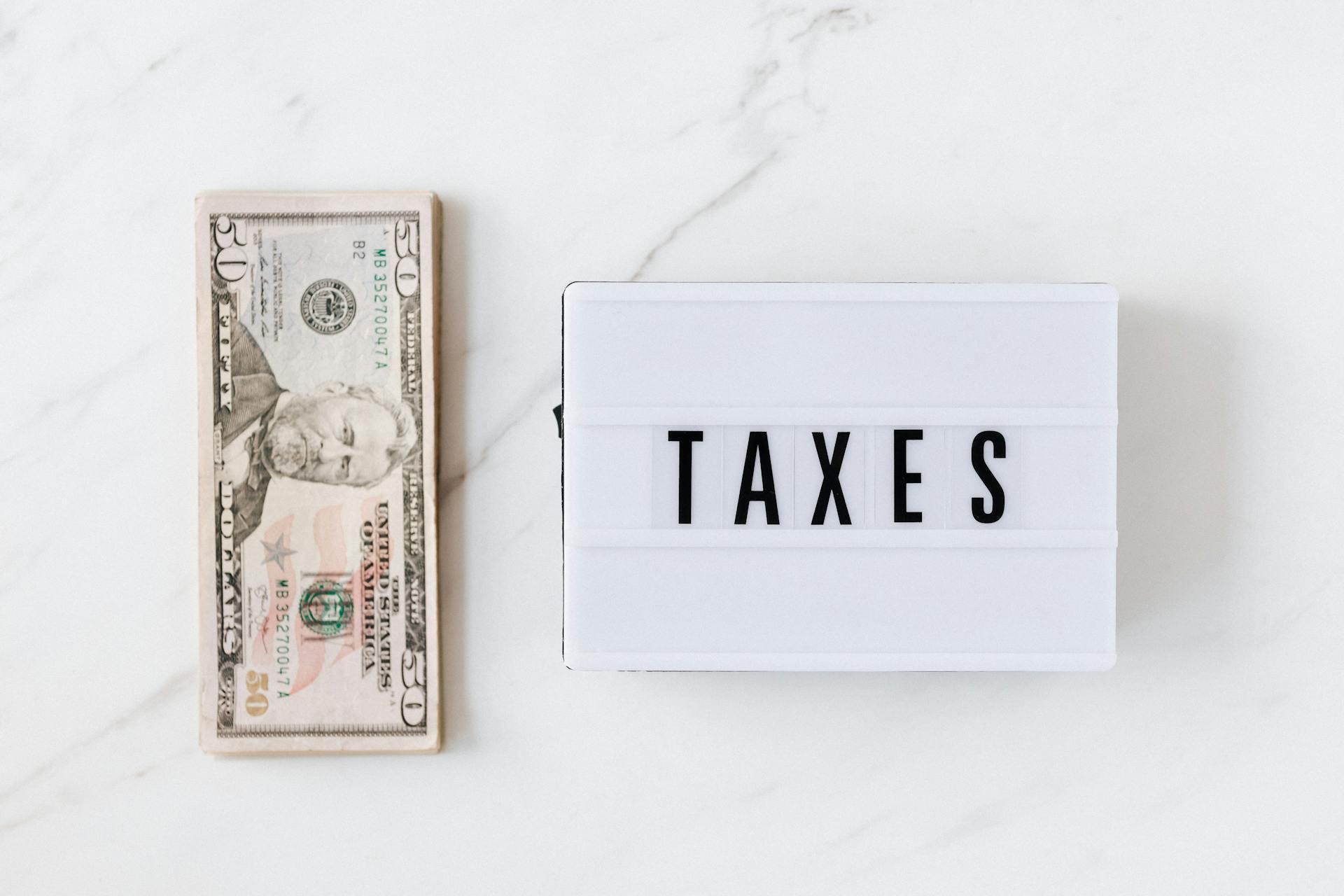
Meanwhile, the state government’s response has fallen short of completely solving its financial woes.
That response, so far, has come in the form of raising payroll taxes for employers. The California government also increased surcharges on state and federal payroll taxes. These measures didn’t completely alleviate the deficit.
High Unemployment Rate

A high unemployment rate continued to persist in California. February’s rate hit 5.3%, the highest unemployment rate in all of the U.S.
Another challenge adding to the strain is the projected $73 billion budget deficit for fiscal year 2024. A decline in tax revenue (because residents have begun moving away from California) is to blame.
Target: A Balanced Budget

Governor Gavin Newsom and the state legislature must fight hard, for sure. They’re already struggling to follow a constitutional mandate for a balanced budget.
While they proposed a $17.3 billion cut in budget, the measure — once again — wouldn’t bridge the substantial deficit gap.
Budget Cuts Bring Troubles

The budget cuts proposed by Newsom and the lawmakers might bring even more troubles. Among those proposals is the $1 billion delay for transit infrastructure and $550 million postponement for preschool and kindergarten facilities.
The budget cuts would also include reduction in funding for state departments and employee payment. Another component of the proposal is a $4 billion expansion of tax on health insurance plans that would allow California to draw matching federal funds.
Underprivileged Residents Affected

As if that’s not enough, the budget cuts will affect pilot programs helping underprivileged Californians. Included among them are ways to support struggling foster kids and prevent more people from becoming homeless.
And most people can forget about programs to fund low-income housing. Instead, they can look forward to more rising house prices, where house prices are already exorbitant.
Reasons for the Economic Mess
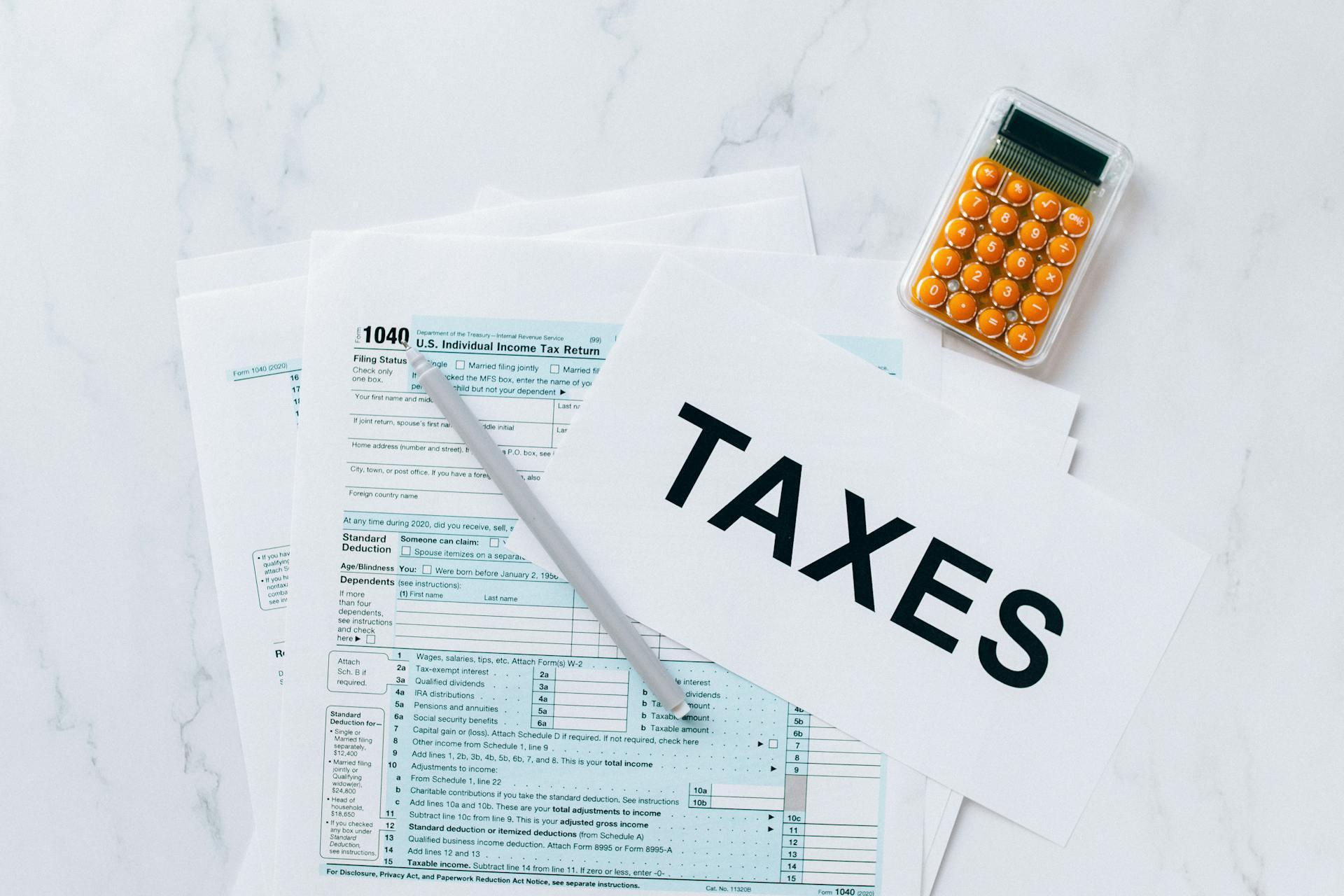
Why is California suffering economically? A number of reasons contribute to this situation — overly strict regulations, high taxes, governance issues among them.
Meanwhile, a column in the L.A. Times wrote how California’s unstable tax system caused all sorts of problems. The tax system, the column said, relied too heavily on the rich and “politicians are too cowardly to fix it.”
Unequal Job Growth

Like many things in California, the state government can be blamed for many things. One of those things is the state’s state of employment.
California does experience job growth, but only in certain areas (government jobs, leisure, and hospitality among them.) And not all the state government’s employment policies are met with open arms.
Fast Food Fiasco

The recent fast food employee minimum wage increase, for example, is driving fast food chains to hike up prices and lay off employees to match the rising labor costs.
And the wage increase is not entirely equal. Certain employees may benefit from the minimum wage increase, provided their stores do not fall under exemption. If their stores are exempt, they may not get the salary raise they’ve been anticipating.
Increasing Wages Affected the State’s Debt

While the state is attempting to help increase wages for workers, their good intentions are being met with negative consequences. The state increased the minimum wage for healthcare workers to $25 per hour.
The California Department of Finance estimates that the wage increase will cost the state about $2 billion in the budget due to increased labor costs and Medicaid payments to hospitals.
State Republicans Warning Was Ignored
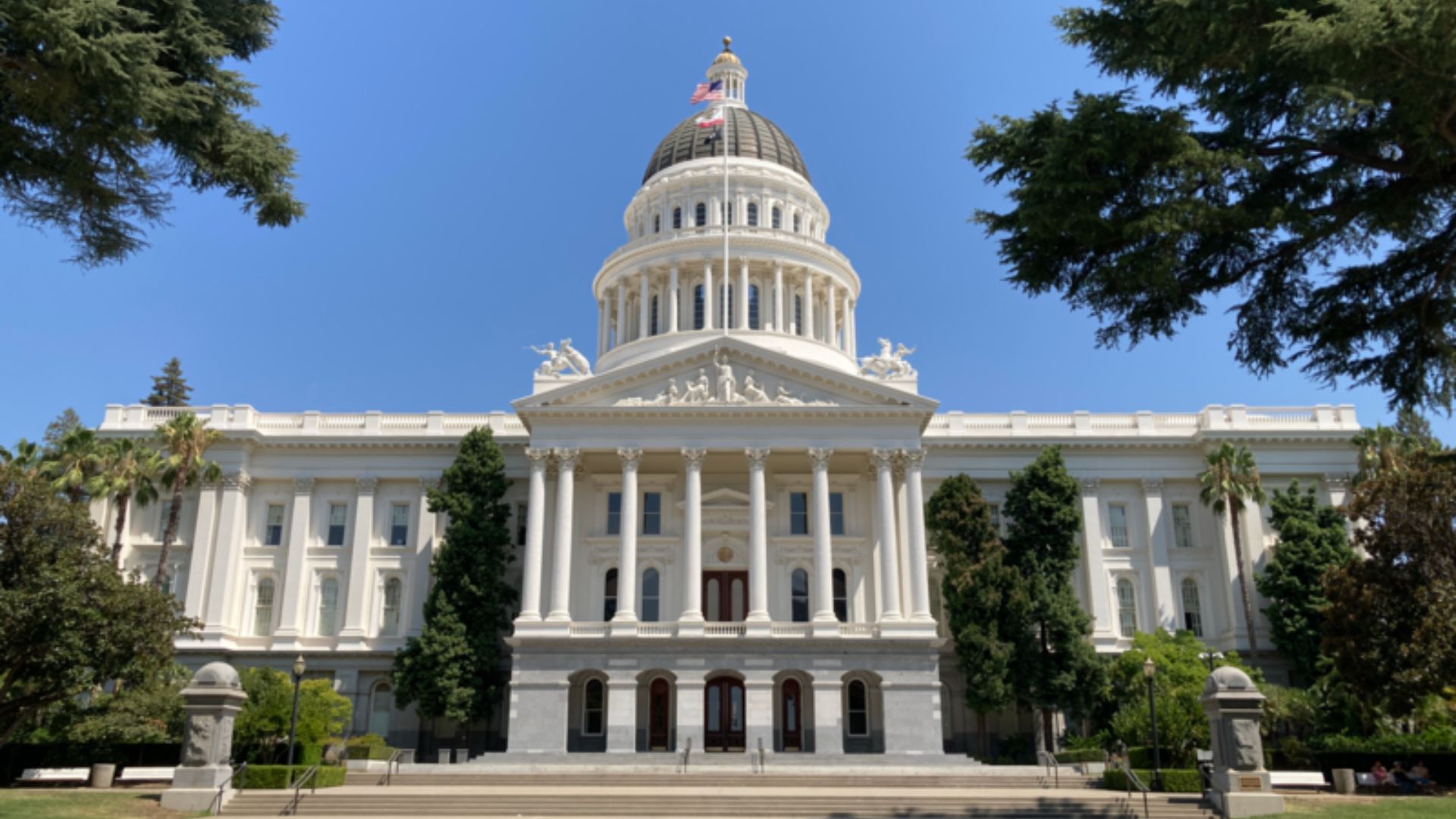
Republicans warned about these wage increases as they could lead to greater deficits with people either leaving the state, losing their jobs, or failing to generate enough revenue for the state.
“Republicans cautioned that this level of spending would lead to greater deficits, and it would be more prudent to show restraint. Unfortunately, the majority party ignored those warnings,” said state Sen. Roger Niello, a Republican from Fair Oaks and vice chair of the committee that oversees the state budget (via CalMatters).
Federal Loan Unpaid

Many states borrowed federal funds to cover unemployment benefits during the pandemic. But California still hasn’t paid its loans.
Now that the federal aid has stopped as the pandemic is no more, California is among the states experiencing the biggest income loss (about 4%).
Taxing the Wealthy as They Leave

One way California is attempting to save itself is by creating an “exit tax” for certain residents leaving the state.
The proposed initiative taxes residents and businesses 1.5 percent for net worths exceeding $1 billion. In 2026, the rate will adjust to 1 percent for net worths over $50 million.
Why the Rich Are Fleeing

There are several reasons why the wealthy residents of California are leaving the state. As taxes increase to help the state pay off its debts, wealthy residents are fleeing to places like Texas and Florida where taxes are significantly lower.
Businesses in the tech sector, which have been a backbone for the state’s economic growth and revenue, are cutting back on expenses. Sometimes, this means leaving the state for cheaper options.
Extreme Weather Isn’t Helping

Storms, fires, and droughts have been plaguing the state for several years, but the damaging storms of the winter have made problems worse.
State officials decided to give people and businesses more time to pay their taxes this year due to the high amount of damages reported last year. Californians did not have to pay their 2022 taxes until November of this year.
No Insurance to Help With Extreme Weather
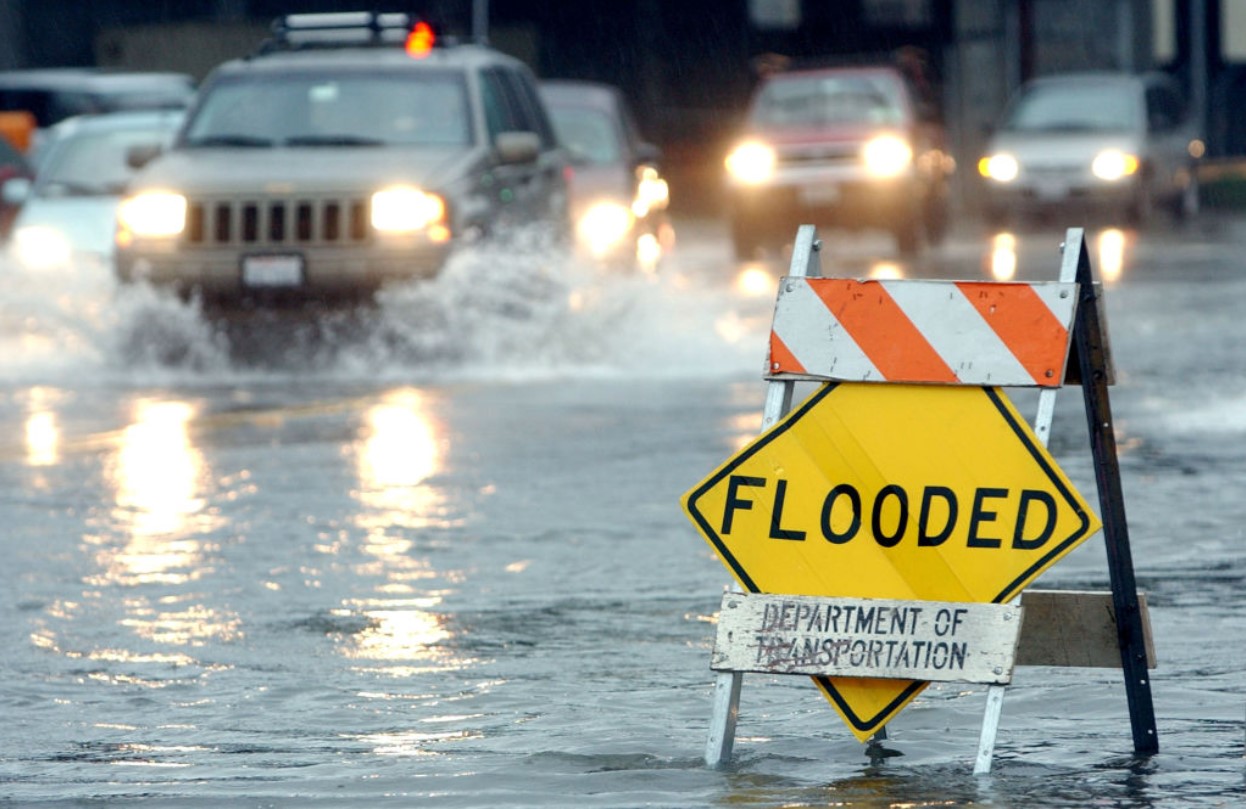
California has been in an uphill battle with extreme weather over the last several years. The number of fires and floods has become so common in the state that insurance companies are no longer offering floor or fire insurance in some parts of the state.
If insurance is available, the cost is so high that only the wealthy residents of that state can afford it.
Where This Year’s Problems Started

California’s debt problem started with a delay in the 2022-2023 tax collection. The IRS postponed tax payment deadlines for individuals and businesses in 55 of the 58 California counties to provide relief for the series of natural weather disasters.
The payments were delayed until Oct. 16 but were pushed back hours before the deadline to Nov. 16, 2023. In line with the federal action, California also extended its due date for state tax returns to the same date.
Unable to Put Together a Clear Budget

This series of delays meant that California had to adopt its 2023-2024 budget before collections began, “without a clear picture of the impact of recent economic weakness on state revenues,” according to the LAO.
This lack of clear perspective forces California to make decisions based on projections instead of concrete facts, which could backfire on the state.
Solving Last Year’s Problem

Communications director for Gov. Gavin Newsom Erin Mellon told FOX News, “Federal delays in tax collection forced California to pass a budget based on projections instead of actual tax receipts.”
Mellon continued: “Now that we have a clearer picture of the state’s finances, we must now solve what would have been last year’s problem in this year’s budget.”
The Missing Solution
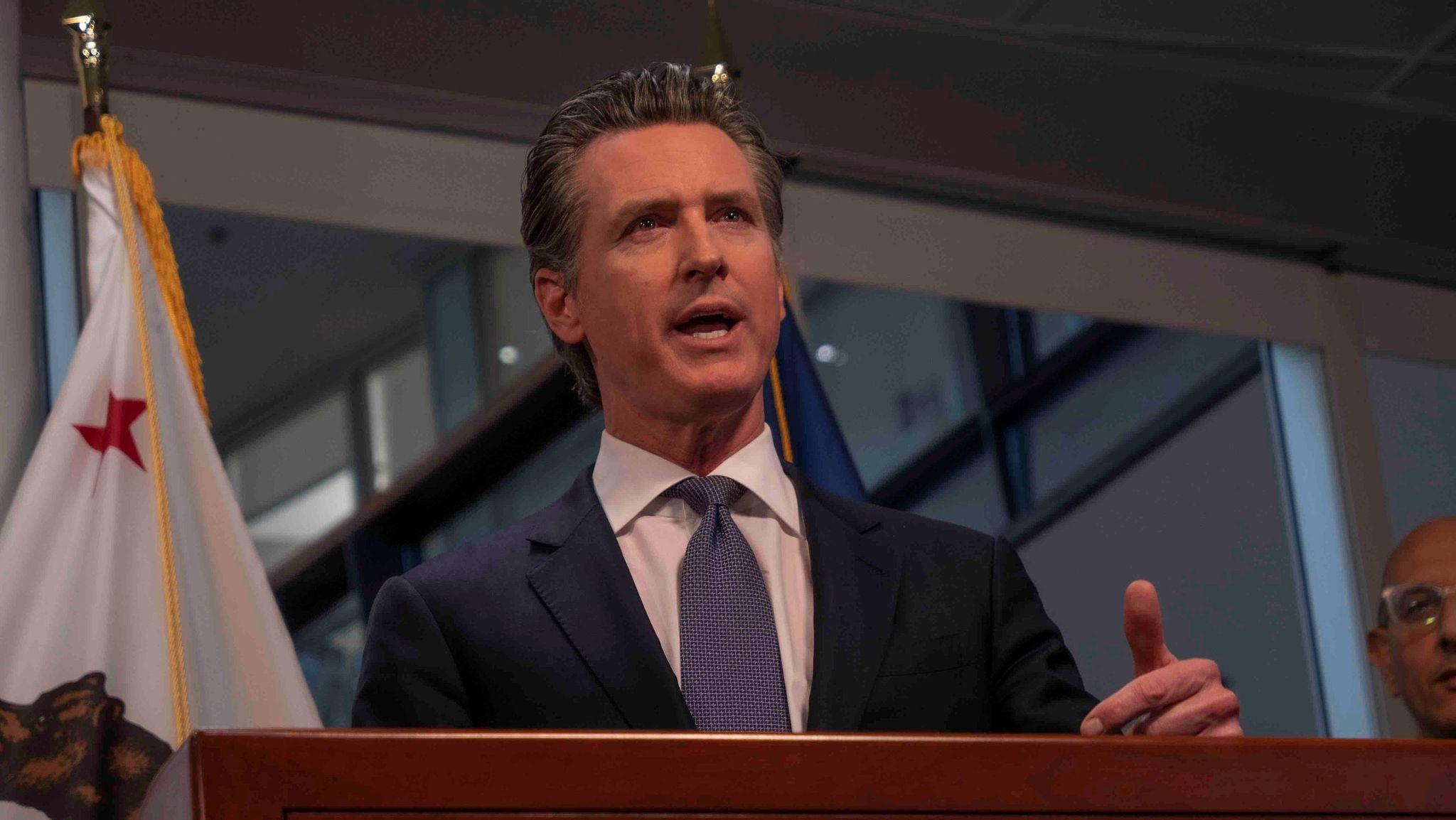
Governor Newsom has an early action plan to address his spending deficit, but GOP Assemblyman James Gallagher remains skeptical. Gallagher explains California’s problems using a sporting metaphor: the state’s budget has major league problems but Newsom’s proposal is only at junior varsity level.
The state definitely faces a constant uphill battle to settle its finances. And who knows how long it might take California to boost up its economic prosperity. California residents can only hope and pray.
